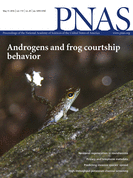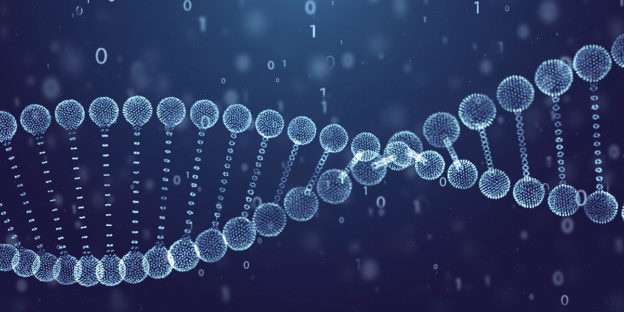
Genetics may Define Risks of Addiction
A new study conducted by a group of researchers may shed light onto why people get addicted and how to locate individuals that may be susceptible to addiction before they ever use drugs. This groundbreaking discovery is unique because the researchers were able to study the brain before and after drug addiction set in in rats that were engineered to be prone to addiction. The hope is that future generations will be able to get screened for the presence of addiction genes prior to drug or alcohol use, therefore preventing a potentially deadly addiction. This is especially important of late, given the high rate of overdose deaths in our country currently.
In order to conduct the study, researchers genetically modified rats to either be high responders (more likely to become addicted) or low responders (less likely to become addicted). The genetically modified rats were then studied prior to the introduction of cocaine. This was a first for scientists. While it was understood prior to the study that humans who were addicted to drugs had different chemical reactions in their brains, it was difficult to study this phenomenon prior to addiction setting in. With the ability to study the rats before an addiction began scientists could locate key indicators of the makeup in the brain, thus allowing for future screenings to be developed for humans.
“There’s a number of essays that could be created to look at these different molecules to identify if somebody has a history of addiction in their family. If they have certain low versus high levels of one of these molecules, then they can be a candidate for treatment to prevent addiction in the first place. Or, if we know that they’re an addict, to prevent relapse,” explained Shelly B. Flagel, Ph.D., the study’s lead author.
Results of the rat study show that rats who were more likely to become addicted to cocaine had a higher level of fibroblast growth factor, which remained high after the rats were addicted to cocaine. These rats also had lower than normal dopamine D2 receptors. More studies will need to be conducted, but researchers are pleased that they are able to now study addiction-prone brains before an addiction sets in.

